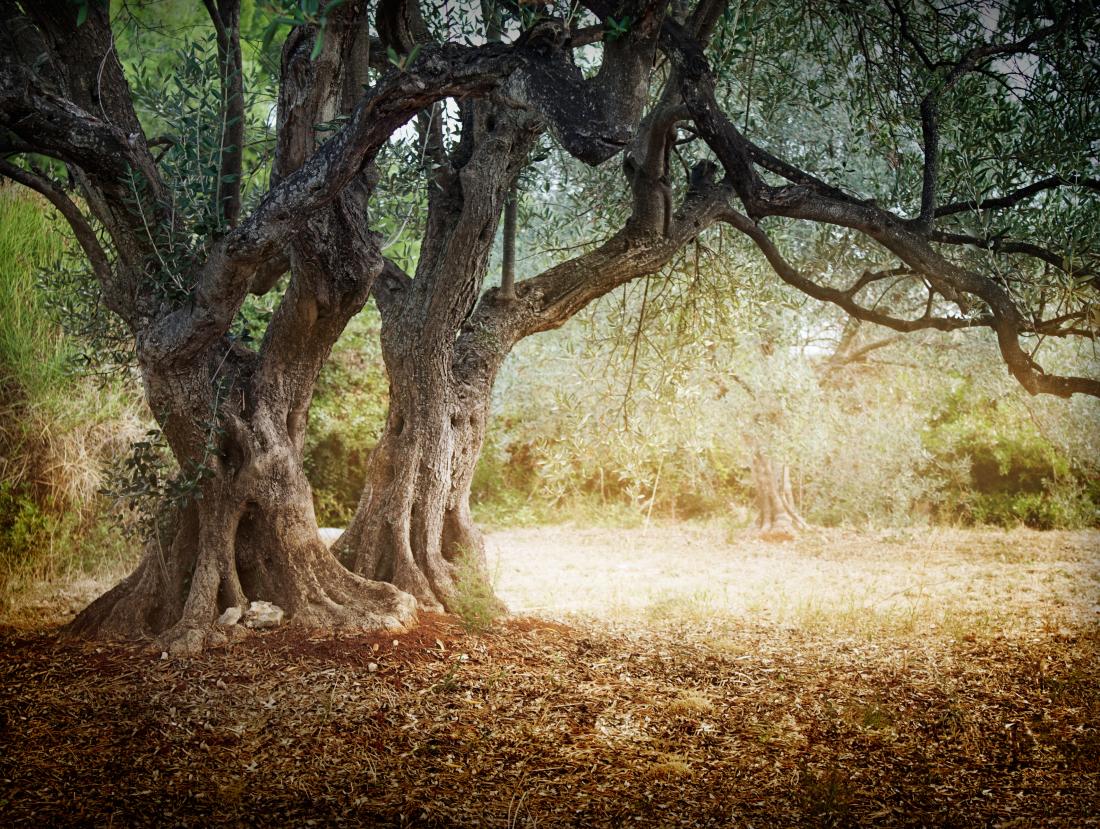ARTOLIO presents: How to grow olive trees without using chemicals, a beginner's guide

Growing olive trees without the use of chemicals is becoming an increasingly popular choice among farmers and home gardeners alike, and it is among ARTOLIO's preferred practices. Not only is this method more environmentally friendly, but it also allows for the production of high-quality, pure olive oil that is free from any chemical residue.
The first step in growing olive trees without chemicals is selecting the right variety of tree. Some olive tree varieties are more resistant to pests and diseases than others, making them a better choice for chemical-free cultivation. For example, the Leccino and Frantoio varieties are known for their natural resistance to some pests and diseases, while the Koroneiki variety is known for its high oil yield and some disease resistance.
Proper soil preparation is also crucial for chemical-free olive tree cultivation. The soil should be well-draining, with a pH between 7 and 8.5. Organic matter such as compost, well-rotted manure, or green manure should be incorporated into the soil before planting the trees. This will provide the trees with the necessary nutrients to grow and develop, and also helps to improve the soil's structure.
Mulching is also an important aspect of chemical-free olive tree cultivation. Mulching helps to retain moisture in the soil, reduce weeds, and protect the trees from extreme temperatures. Organic mulches such as straw, grass clippings, or leaves are best to use.
Irrigation is also crucial for the growth of olive trees without chemicals. The trees should be watered regularly, and the soil should be kept consistently moist but not waterlogged. Drip irrigation systems are the best option for olive tree cultivation, as they allow for precise water delivery and reduce water waste.
Pest and disease control is another important aspect of chemical-free olive tree cultivation. Instead of relying on chemicals, farmers and gardeners can use natural methods to keep pests and diseases in check, like pruning. Companion planting with certain herbs and flowers can also help to repel pests, while crop rotation can help to prevent the buildup of pathogens in the soil.
Harvesting the olives at the right time is also significant for chemical-free olive tree cultivation. The olives should be picked when they are fully ripe, but before they become overripe. Overripe olives will produce oil that is rancid and of poor quality.
Finally, proper storage of the olives is crucial to produce high-quality, chemical-free olive oil. The olives should be stored in a cool, dark place and processed as soon as possible after harvest. This will help to retain the oil's natural flavor and nutritional value.









